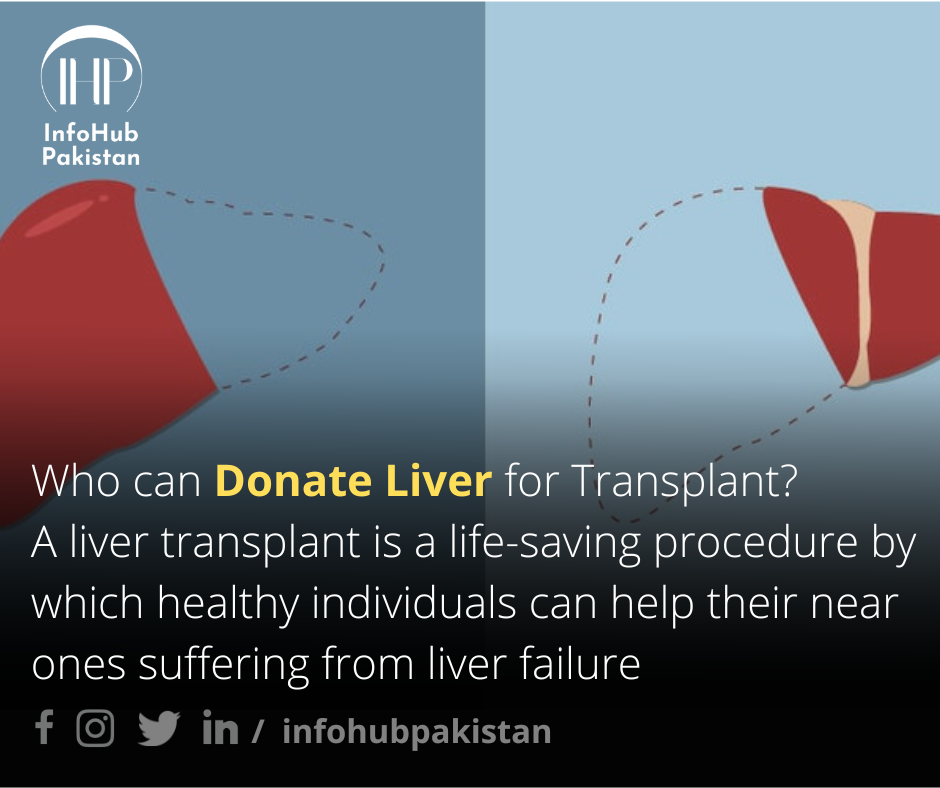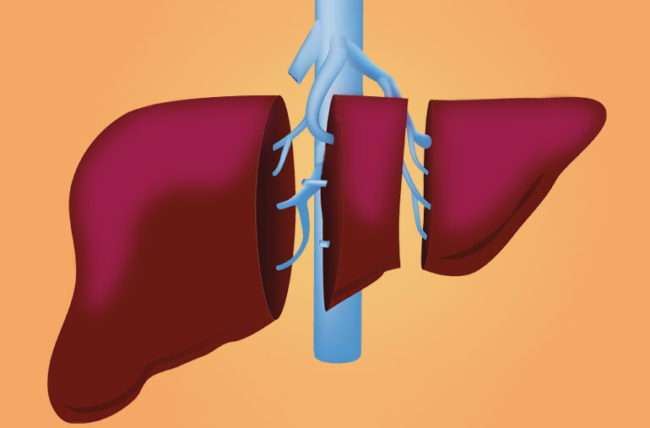
Who can Donate Liver for Transplant?
A liver transplant is a life-saving procedure by which healthy individuals can help their near ones suffering from liver failure. For organ transplants, organ donation comes from a deceased (recently dead) person. However, the liver is a special organ. It can regenerate itself from a small piece to its full size. Due to this reason, a living donor can give a small piece of their liver to a needy person.
After the transplant, both the liver pieces of the donor will grow back to their size within six to eight weeks. The donor’s liver is preserved for eight hours in a cool saline solution, and required tests are done to match the donor with the recipient (an individual who needs a liver).
What does the Liver Donation Involves?
The procedure involves:
- A surgical cut is made in the upper abdomen to remove the liver from the donor.
- The removed liver is placed into the recipient and attached to the bile duct and blood vessels.
- Mostly, the recipient requires a huge amount of blood through a transfusion.
- The entire procedure may take around 12 hours.
What is the criteria for being a Living Donor?
The criteria for being a living donor include:
- Age of 18 to 60 years
- Good mental and physical health
- Compatible blood type with the recipient
- BMI (body mass index) less than 35
- Should not have ongoing cancer, organ disease (kidney heart), active substance abuse (alcohol and drugs), or hepatitis
- Donor and recipient have approximately the same weight and size.
- A non-smoker

The blood type of the donor and recipient should match accordingly:
Donor blood type | Recipient blood type |
| O | O |
| A or O | A |
| B or O | B |
| A, B, AB, or O | AB |
When is Liver Transplant Indicated?
In children, the most general reason for liver transplant is biliary atresia. Biliary atresia is a blockage of the duct that carries bile from the liver to the gallbladder. In such cases, a living donor is required for a liver transplant.
In adults, the most common reason for a liver transplant is cirrhosis. The liver’s scarring is called cirrhosis, which may worsen and cause liver failure. Cirrhosis is caused due to:
- Long-term alcohol abuse
- Chronic hepatitis B or C infection
- Non-alcoholic fatty liver
- Consumption of poisonous mushrooms
- Overdose of acetaminophen causing acute toxicity
Other conditions that may cause liver failure are:
- Liver damage from medicines or poisoning
- Autoimmune hepatitis
- Hepatic vein blood clot
- Wilson disease and hemochromatosis (metabolic diseases of iron or copper)
- Cirrhosis of the liver
- Primary biliary cirrhosis
- Primary sclerosing cholangitis
- Alcoholic fatty liver
- Hemochromatosis
- Early-stage liver cancer
- Biliary duct atresia
- Cystic fibrosis
Liver Transplant Contraindications
A liver transplant is not recommended for individuals who have:
- Cancer history
- Lung or heart disease
- Certain infections (osteomyelitis or tuberculosis)
- Hepatitis
- Drug abuse, alcohol, or smoking
- Difficulty taking medicines many times a day for their entire lives
Risks and Complications of Liver Transplant
Risks and complications of liver transplant surgery involve:
- General anaesthesia has side effects, including bleeding, blood clots, infection, nerve damage, hernia at the surgical site, or constipation.
- Postoperative pneumonia
- Postoperative fatigue
- Damaged bile ducts (bile duct scarring or bile leakage)
- Ascites (fluid accumulation in the abdominal cavity)
- Failure of the donated liver
Pre-Donation Liver Transplant Tests
A potential donor must pass the following tests/screening before liver donation. The donor should clear all the phases of donor evaluation.
- Blood panels (blood count, kidney function test, liver function test, and coagulation study)
- Imaging test of the liver (MRI and CT scan)
- Cardiac test (cardiac echo and ECG)
- Liver biopsy (if required)








